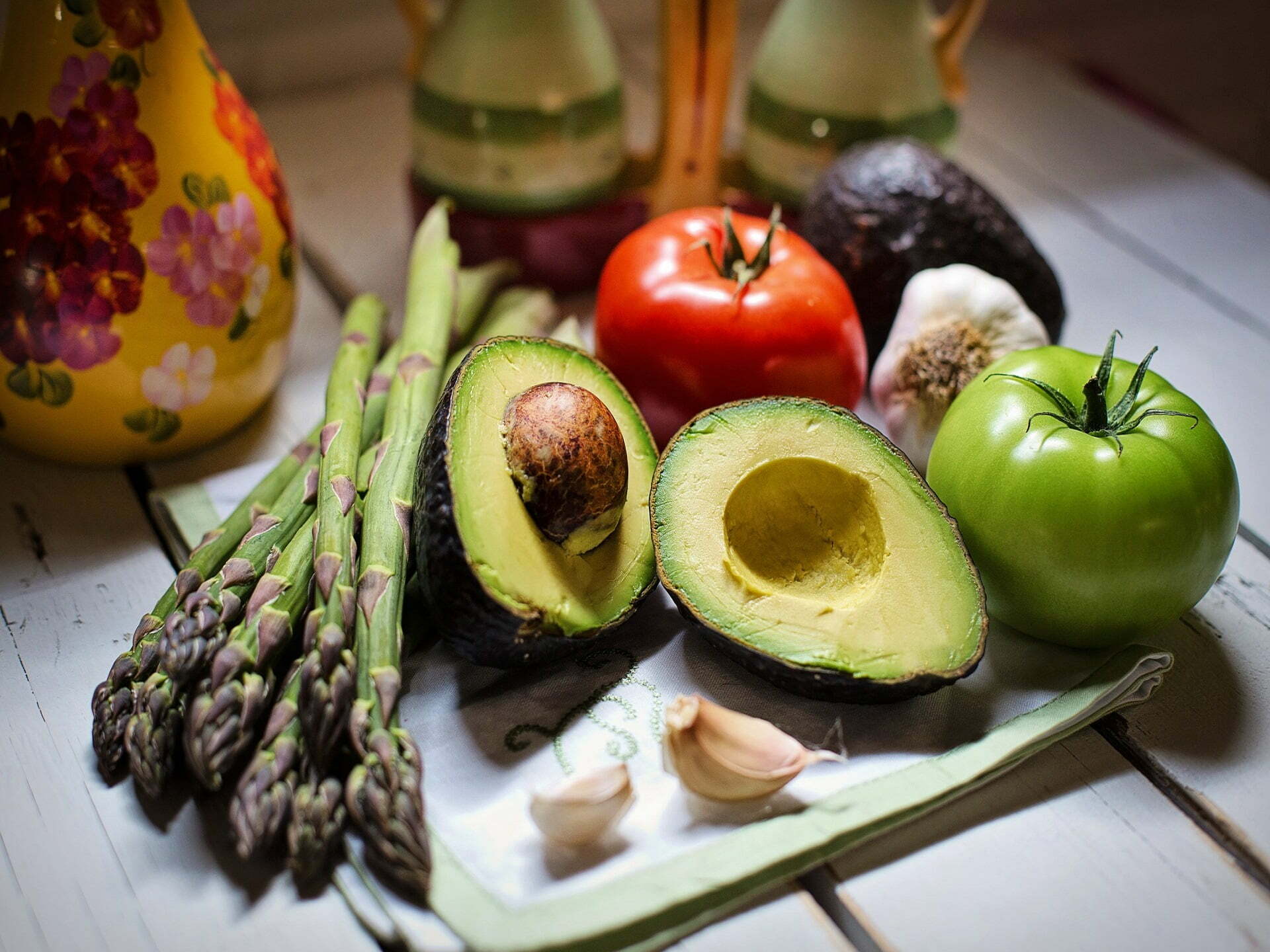The use of herbs and spices together with egg and meat substitutes means vegans no longer have to go without. Veganism is popular for ethical, religious and health reasons amongst others. However, being a vegan no longer means that you have to suffer with little flavour and poor quality meals. The range of recipes is immense and whilst this is a new category, more and more recipes are being added. Recipes from curry to cake, pasties to pizzas, all your favourite things can be suitable for a diet. The flavours and textures available is far greater than people think.
Veganism, a lifestyle choice that excludes all animal products, is gaining popularity worldwide for its health benefits, ethical considerations, and environmental impact. Adopting a vegan diet means focusing on plant-based foods such as fruits, vegetables, grains, nuts, and legumes, offering a diverse and nutritious palette that can cater to various tastes and culinary preferences.
One of the primary motivations for choosing veganism is its potential health benefits. A well-planned vegan diet is rich in essential nutrients, including fibre, vitamins, and antioxidants, which can contribute to improved heart health, lower cholesterol levels, and a reduced risk of chronic diseases such as diabetes and cancer. Additionally, vegan diets tend to be lower in saturated fats and calories, aiding in weight management and overall well-being.
Ethically, veganism addresses concerns about animal welfare and the industrial farming practices that often involve significant animal suffering. By eliminating animal products, vegans advocate for more humane treatment of animals and reduce the demand for factory farming, which is linked to various environmental issues.
The environmental impact of veganism is another compelling reason for its adoption. Plant-based diets require fewer natural resources, such as water and land. They also tend to generate lower greenhouse gas emissions compared to meat and dairy production. This makes veganism a more sustainable choice that can help combat climate change and preserve ecosystems.
Vegan recipes have evolved to offer delicious and satisfying alternatives to traditional dishes. Classics like vegan lasagna use layers of vegetables and plant-based cheese, while chickpea curry offers a protein-rich and flavourful main course. Desserts, too, have been revolutionized with vegan-friendly ingredients, such as avocado-based chocolate mousse and coconut milk ice cream.
In summary, veganism is a lifestyle that supports health, ethical values, and environmental sustainability. With an array of innovative and delicious recipes available, it’s easier than ever to embrace this compassionate and forward-thinking way of eating.


